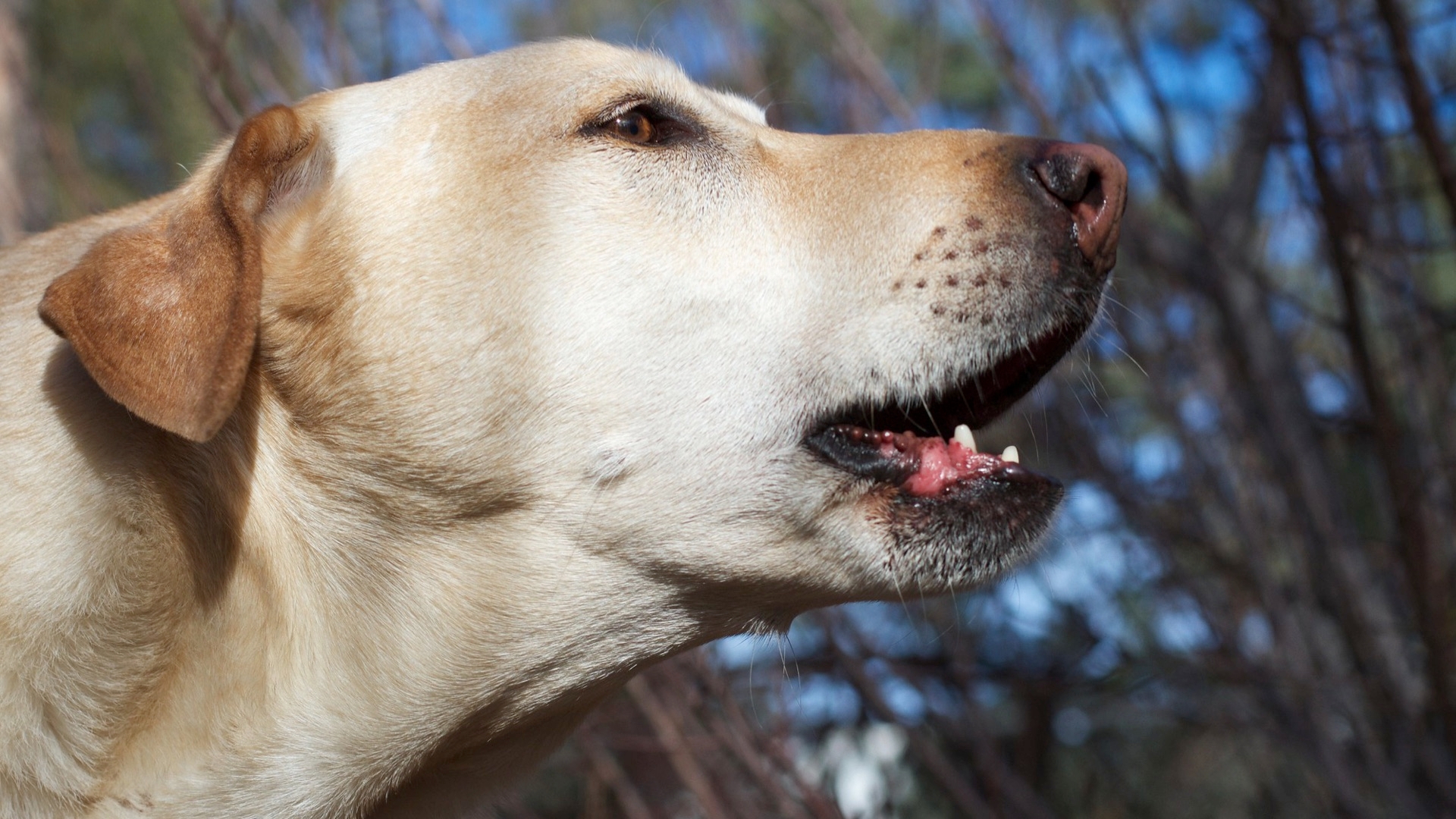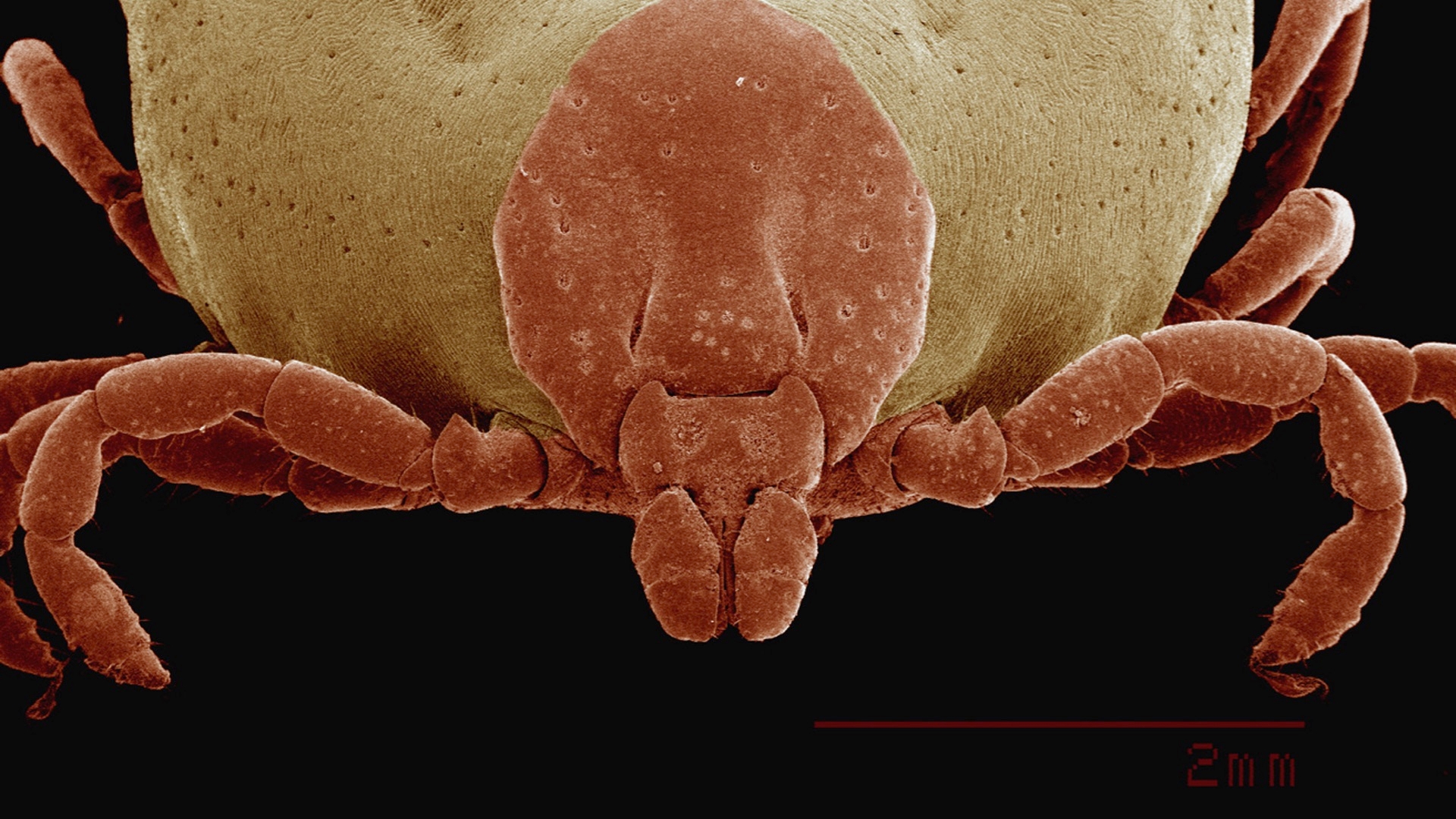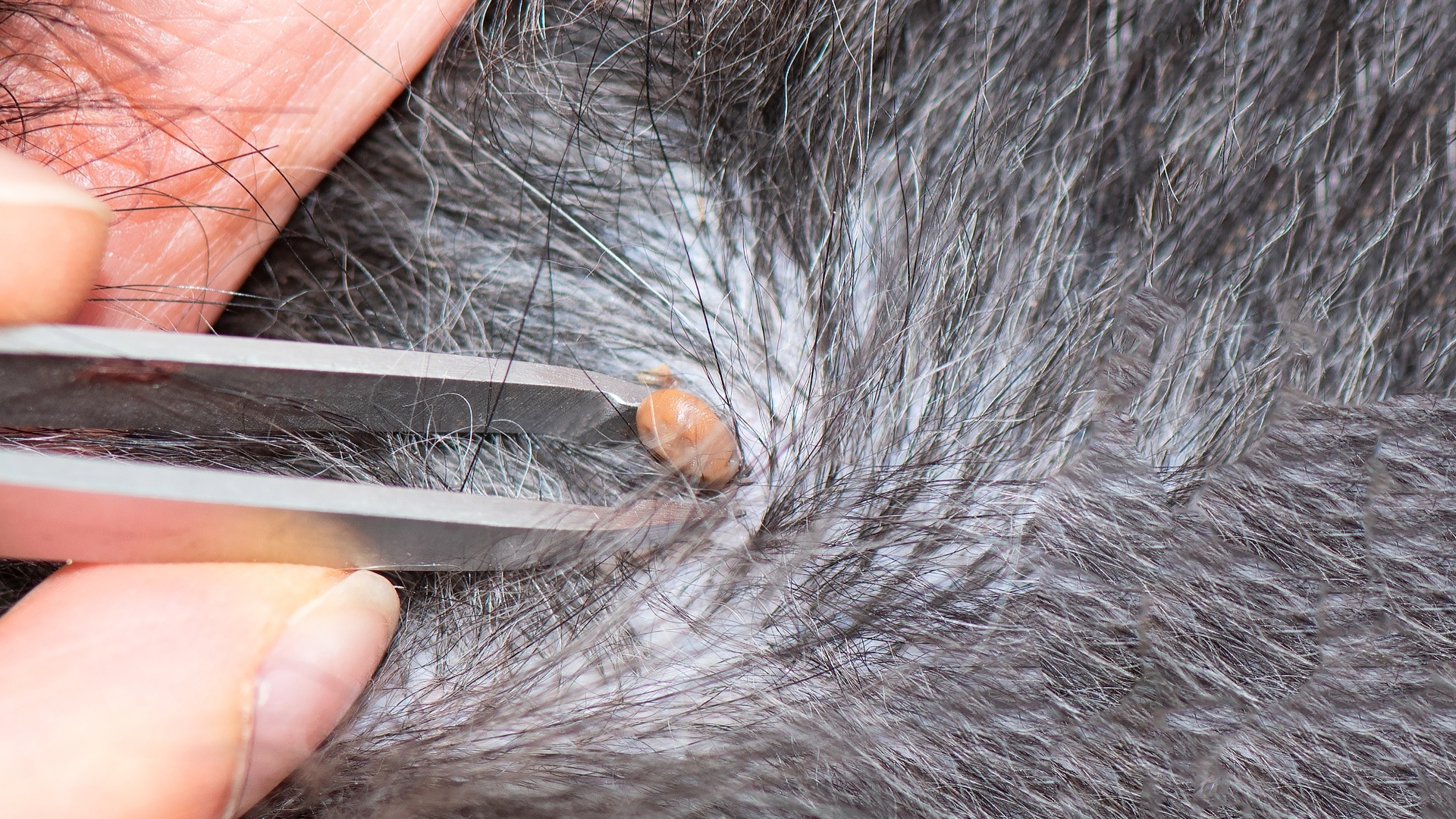Dog:
The tag "dog" relates to: canine, cat, dog training, health, pet health, pet training, pets, responsible pet ownership, tips, and training. For more tags, view our complete tag index.
The following blog entries have been tagged "dog".

You have a demand barker. As soon as you put your dog's toy or treats away, she starts barking. The barking begins when you're on the phone, reading, or having a conversation during dinner. You've tried engaging her in play to satisfy her needs, you've increased her exercise, and still, the barking persists.

Here's a list of six techniques that can help reduce your dog or puppy's barking. While all can be successful, you shouldn't expect miraculous results overnight and what might work for your pup may not work for another. The longer your dog has been practicing the barking behavior, the longer it will take for them to develop other means of communication or to become desensitized to the things that cause their barking now.

Bringing a dog into your family causes great joy all around. But making a commitment to a dog is much like making a commitment to a human being: Both relationships require daily care and nurturing in order to flourish. So, as you embark on this new commitment, here are some promises to consider making to your dog.

As described in Adopting the Right Cat for You, set up a room as a home base for your new cat—this will allow for a gradual introduction to the family. For the first 72 hours, do nothing. It is important to allow your new cat to become accustomed to her surroundings. Your new cat is not only acclimating to home base, she also is using her fine-tuned senses to discover what is beyond the closed door of her home base, including resident cats.

Fleas are the most common external parasite of pets in North America. That means it's highly likely that your pet will encounter them at least once in their lifetime. Fleas are small wingless insects that use their specialized mouth to pierce the skin and siphon blood from their host. Learn how you can prevent, reduce or eliminate flea infestations.

Spot-on flea and tick products are liquid pesticides applied to a "spot" on the pet's skin, usually around the back of the neck or shoulder area. No flea and tick products are marketed specifically for use on reptiles, rabbits, ferrets, and other furry pets. Ask your veterinarian for advice on treating fleas and ticks on these and other exotic pets.

Heartworm Disease is 'a preventable disease, which is why it's so frustrating as a practitioner when you see a case,' says Melanie McLean, D.V.M., a veterinarian at the U.S. Food and Drug Administration (FDA). Treatment can be hard on animals, and McLean says 'it's much easier and healthier for the pet to prevent the disease in the first place.'



